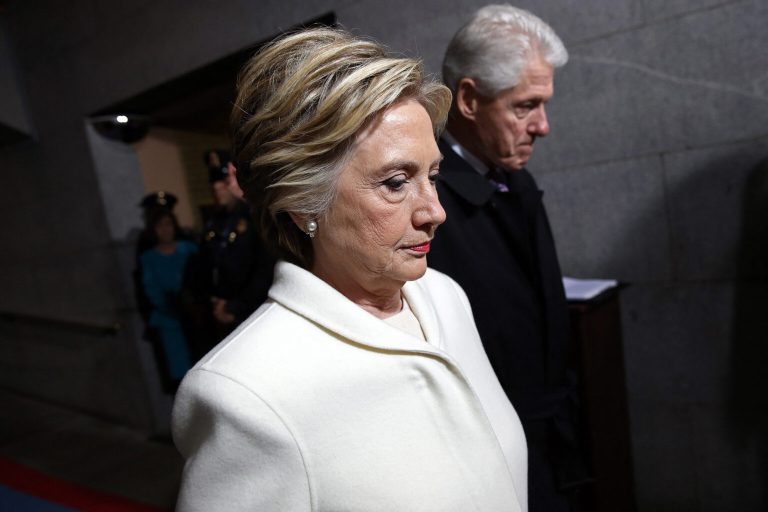
According to the Manufacturers Association of Nigeria, 335 manufacturers experienced financial difficulties in 2023 and 767 manufacturers ceased operations.
The PUNCH notes that this occurred against a backdrop of worsening economic conditions, including rising inflation, volatile exchange rates, and other economic difficulties.
This was said by MAN in a statement denouncing the federal government’s recently implemented Expatriate Employment Levy.
The association expressed its shock at the levy’s opposition to President Bola Tinubu’s Renewed Hope Agenda and the core of his initiative for tax reform and fiscal policy.
MAN claims that there are enormous unintended negative effects on the manufacturing sector that cannot be justified at this clearly depressed moment in our economy.
The statement reads in part, “The imposition of EEL poses a potential impact on the manufacturing sector and the economy at large.
“This will in turn mark an unwarranted and unprecedented addition to the cost of doing business in Nigeria, especially to manufacturers. The manufacturing sector is already beset with multidimensional challenges. In the year 2023, 335 manufacturing companies became distressed and 767 shut down.”
The statement further noted that capacity utilisation in the sector has declined to 56 per cent amid rising interest rates and scarcity of forex needed to import raw materials and machinery.
It added, “Inventory of unsold finished products has increased to N350bn and the real growth has dropped to 2.4 per cent.”
MAN also said it was concerned that the EEL contradicts our international trade agreements and the obligations contained therein.
It argued that Nigeria is a signatory to the African Continental Free Trade Area agreement, which seeks to promote the free movement of skilled labour across the continent, which is complemented by non-discriminatory measures against fellow Africans.
The association expressed worry that the introduction of the levy could trigger retaliatory measures against Nigerians working across Africa and other nations of the world and may also frustrate regional integration efforts and portray Nigeria as a spoiler among her peers.
“We are equally worried that the imposition of such a levy could have far-reaching implications for our national economy and potentially exert pressure on our national currency could be introduced through a Handbook, rather than a law enacted by the National Assembly.
This levy, if not reversed, might expose the federal government to a plethora of lawsuits that would distract the government from the task of salvaging the current dire situation of our economy,” the statement added.
In its recommendation, MAN urged the president to direct that the implementation of the Expatriate Employment Levy be discontinued.
The Expatriate Employment Levy, a new policy introduced by the Federal Government aims to address wage gaps between expatriates and the Nigerian Labor force while encouraging skills transfer and the employment of qualified Nigerians in foreign-owned companies.
The new levy is $10,000 for staff and $15,000 for directors. This represents a significant shift from the $2,000 paid by foreign nationals for the Combined Expatriate Residence Permit and Alien Card.
According to NBS, Nigerian nationals constitute only 59 per cent of total jobs in Nigeria, their wages account for less than 45 per cent of total wages, and the average basic salary of expatriates stands at more than 45 per cent above the basic salary.
However, the introduction of the EEL has been met with strong criticism from members of Nigeria’s Organised Private Sector, who argue that the policy may negatively affect Foreign Direct Investments in the country.
In a statement signed by its Director-General, Chinyere Almona the Lagos Chamber of Commerce and Industry said it is concerned about the likely perception by foreign investors that the Nigerian government is not accommodating to foreign workers.
The chamber expressed concern that this perception would be harmful to our drive for Foreign Direct Investments inflows.
The statement read in part, “The Expatriate Employment Levy may cause unintended consequences that may trigger the relocation of foreign companies to neighbouring countries that present a more conducive and less expensive environment for business.
“The imposition of this levy may likely spark retaliatory actions taken by other countries by imposing levies on foreigners and particularly targeting Nigerian workers. This will in turn affect diaspora remittances from Nigerian workers resident in other countries.”
In the same vein, the Centre for the Promotion of Private Enterprise, in a statement signed by its Chief Executive Officer, Muda Yusuf, criticised the new policy directive.
The Centre said that the policy could be a major setback for the continental economic integration vision.
The statement read, “There are serious implications for diaspora Nigerians. The policy may trigger reciprocal actions from other countries and this may affect Nigerians in the diaspora.
“There are currently over 17 million Nigerians in various countries around the world doing extremely well in the fields of education, medicine, health, sports, media & entertainment, leadership & politics, finance, science & ICT, transportation, tourism, industry and agribusiness.”






